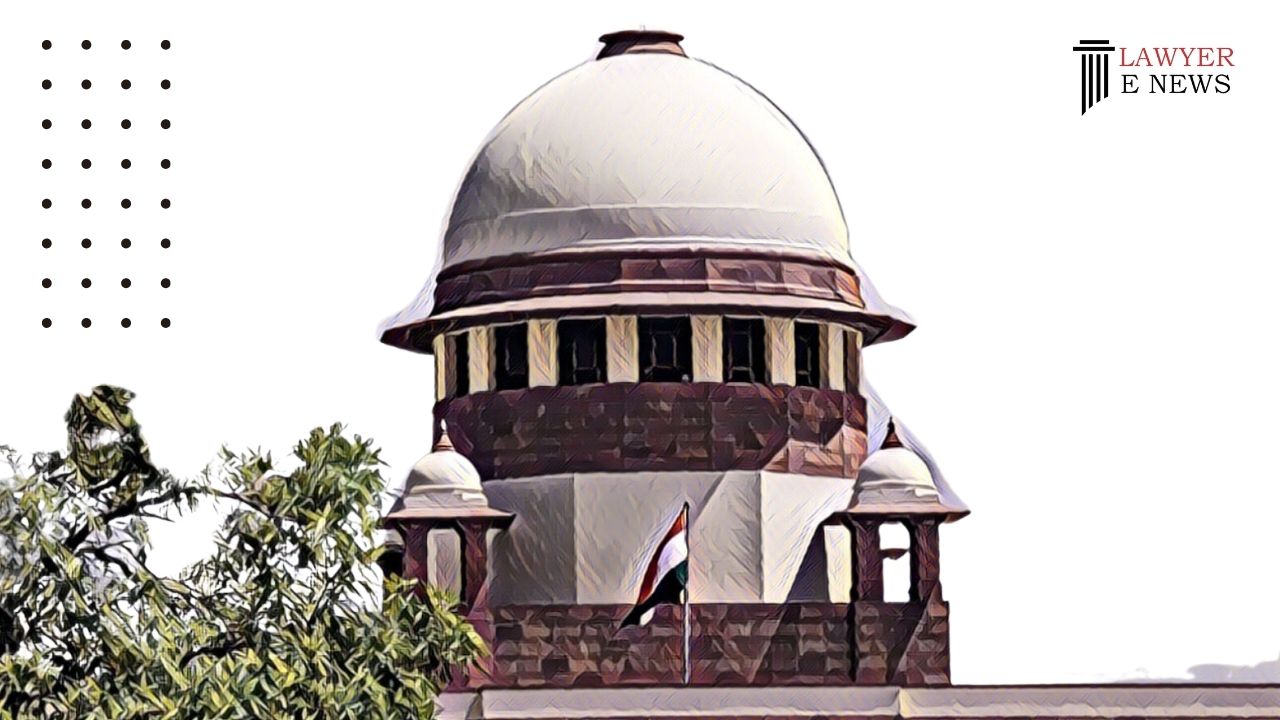-
by Admin
15 February 2026 5:01 PM



The Supreme Court of India, in a judgment passed by a bench comprising Justices B.R. Gavai and Sandeep Mehta, upheld the conviction of Ramvir @ Saket Singh under Sections 302 and 307 of the Indian Penal Code (IPC), for murder and attempted murder respectively.
The Apex Court, in its detailed judgment, delved into the significance of eyewitness accounts and forensic evidence in affirming the guilt of the appellant. The court emphasized the crucial role of eyewitness testimony in criminal proceedings, especially in serious crimes like murder, despite potential biases due to familial relationships with the victims.
Ramvir @ Saket Singh was accused of the murder of Kaptan Singh and the attempted murder of Indal Singh (PW-12) during an altercation that escalated into a deadly confrontation on November 10, 1985, in Bhajai village, Madhya Pradesh. The appellant was previously acquitted of the murder of Kalyan Singh due to unreliable eyewitness testimony but was convicted for Kaptan Singh's murder based on other robust witness accounts.
Witness Credibility: The Court heavily relied on the testimonies of Raj Kumari (PW-7) and Indal Singh (PW-12), finding them credible despite their familial ties to the deceased. The bench observed, "In a scene of crime involving grave violence, the testimony of close relatives, if coherent and corroborated by material particulars, should not be routinely discarded."
Self-Defense and Acquittal in Cross Case: The Court noted that in a parallel case, the High Court had acquitted Indal Singh and others, accepting their defense of acting in self-defense during the same incident, which indirectly corroborated the sequence of events as testified by the prosecution witnesses in the present case.
Discrediting Other Testimonies: The apex court supported the High Court's decision to discard the testimony of Ramraj Singh (PW-14) due to inconsistencies and failure to explain certain crucial aspects of the crime scene, such as the injuries to other involved parties.
Decision: Supreme Court dismissed the appeal, affirming the convictions rendered by both the trial court and the High Court. The justices concluded that the appellant's involvement in the murder and attempted murder was substantiated beyond reasonable doubt, thus rendering the appeal devoid of merit.
Date of Decision: April 16, 2024.
Ramvir @ Saket Singh versus The State of Madhya Pradesh
